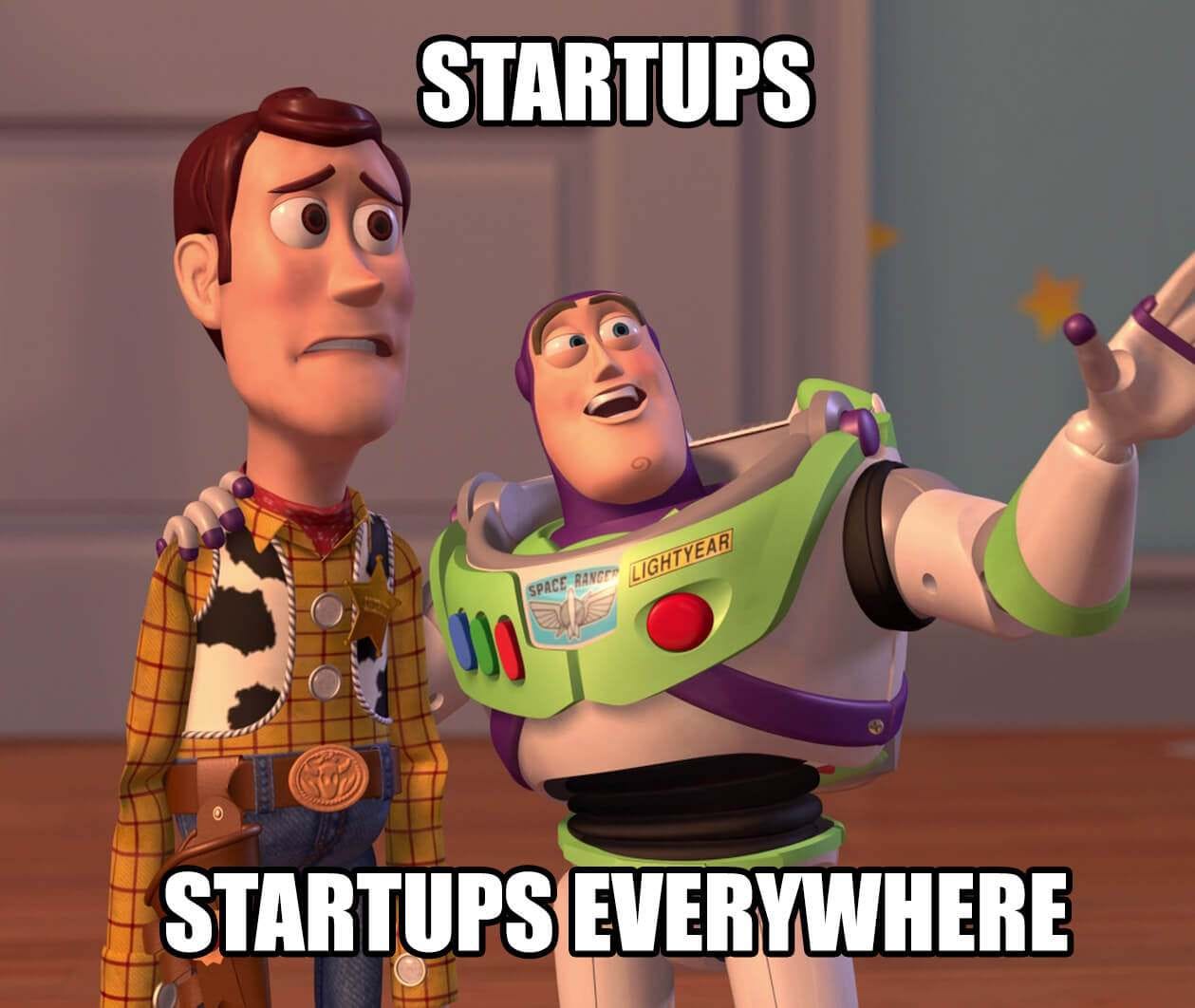🚀The Bulletin #58: OpenAI's $157B Valuation and Pandemic Start-Ups Fuelling the Economy
In this week's bulletin- Everything you need to know about OpenAI's latest fundraising deal, pandemic start-ups fuelling the economy, and evaluating the effectiveness of tax cuts on E.V. adoption
Hey there! Welcome back to The Bulletin :) I hope you’ve been enjoying the beautiful fall foliage, and had a restful long weekend 🚗🍁🍂
💡For this semester, keep up with our content if you’re interested in:
Demystifying & breaking into VC
Finding opportunities in the start-up world
Keeping up with VC investment news at Brown & beyond (pro tip: this is essential to breaking in and finding opportunities)
Enjoy The Bulletin! ✨
🤖What Comes After OpenAI’s Latest Fundraising Deal?
OpenAI, the trailblazing artificial intelligence company behind ChatGPT, recently closed a $6.6 billion funding round, elevating its valuation to $157 billion. Led by Thrive Capital, the round also saw participation from Microsoft, Nvidia, SoftBank, and the UAE's MGX, signaling sustained investor confidence in the AI sector.
📈Rapid Growth Amidst Rising Losses
While OpenAI's revenue is projected to reach approximately $3.7 billion this year, the company anticipates a substantial loss of around $5 billion due to the high costs associated with developing and running advanced AI technologies. The expenses stem largely from the significant computing power required to operate models like ChatGPT and GPT-4, highlighting a critical challenge in scaling AI solutions profitably.
Nevertheless, Thrive Capital has committed about $1.3 billion, with an option to invest an additional $1 billion at the same valuation through 2025. This signals belief in OpenAI's long-term potential, despite the company's current hurdles.
💼Leadership Turmoil and Its Implications
OpenAI has faced notable leadership departures, including its Chief Technology Officer Mira Murati, Chief Research Officer Bob McGrew, and VP of Research Barret Zoph. These exits coincide with the funding round and have raised questions about internal dynamics and the company's strategic direction. Against the backdrop of the unexpected firing and subsequent reinstatement of CEO Sam Altman in 2023, one cannot help but wonder what is going on inside the company. 🤔
🤑Transitioning to a For-Profit Model
Originally founded as a nonprofit with the mission to develop safe AI for the benefit of humanity, OpenAI plans to restructure as a for-profit entity within the next two years. This shift aims to attract more substantial investments but has raised concerns about potential deviations from its foundational goals. The company intends to become a public benefit corporation to balance profit motives with societal impact, but will that be sufficient to ensure accountability?🧾
⛰️Challenges Ahead: Costs, Data, and Ethical Considerations
The scalability of OpenAI's models is hampered by soaring operational costs, particularly in computing power and infrastructure. There's also the looming issue of data availability and privacy. OpenAI is grappling with lawsuits concerning data usage, which could impact its ability to train future models. The company must build a sustainable data supply chain while adhering to legal and ethical standards. This is important not just for OpenAI, but for everyone impacted by its technology.
OpenAI’s shift towards a for-profit structure necessitates a careful balance between commercial objectives and the original mission of advancing AI responsibly. Its approach to governance, transparency, and stakeholder engagement will be pivotal in maintaining trust and achieving long-term success.💡
🦠Pandemic Start-Ups Are Fuelling The Economy
As reported in The New York Times, the COVID-19 pandemic led to an unforeseen surge in entrepreneurship across the United States, resulting in the fastest rate of new business formations in decades. Americans, facing disruptions and seeking new opportunities, turned challenges posed by the pandemic into innovative business ideas.
💸Economic Impact and Resilience
Contrary to initial skepticism, these new businesses have not only survived but thrived, contributing significantly to job creation. According to the Census Bureau, businesses formed from 2020 to 2022 created 7.4 million jobs by the end of 2022.
Economists suggest this could signal the end of a decades-long decline in U.S. entrepreneurship, with startups playing a crucial role in driving innovation, productivity, and adaptability in the economy.
🚙Sustained Momentum Amid Challenges
These businesses have navigated supply chain disruptions, labor shortages, inflation, and higher interest rates, demonstrating remarkable resilience.
Despite higher interest rates making borrowing more difficult, entrepreneurial activity remains above pre-pandemic levels, indicating sustained momentum.
☀️Looking Ahead
The entrepreneurial boom may have lasting positive effects on the U.S. economy, enhancing innovation and job creation. The pandemic has encouraged individuals to pursue creative business ideas and rethink traditional career paths, potentially leading to a more dynamic and adaptable economic landscape.⚡
🏎️Evaluating the EV Tax Credit Under the Inflation Reduction Act
The Inflation Reduction Act introduced a $7,500 tax credit for U.S.-made electric vehicles (EVs) with two main goals: accelerating EV adoption to reduce carbon emissions and boosting domestic auto manufacturing. However, recent research has shed light on some challenges and unintended consequences of this policy.
🔬Key Findings:
Economic Return: Americans gain a two-to-one return on investment, mainly due to profits shifting to U.S. automakers.
Leasing Loophole: A loophole allows subsidies for leases of foreign-made EVs, undermining domestic manufacturing goals and increasing environmental and safety costs due to heavier, less efficient vehicles.
Effectiveness: For every new EV purchased because of the credit, about three buyers would have bought an EV without it, reducing the policy's impact.
🌳Environmental and Safety Concerns:
Larger EVs, which qualify for the credit, often have higher environmental and road safety costs compared to some efficient gas-powered cars that don't qualify.
Heavier EVs contribute to increased road fatalities due to their weight.
⚖️Policy Trade-offs:
From this case study, we can see how the dual goals of reducing emissions and promoting U.S. manufacturing can conflict.
Experts suggest alternatives like a carbon tax could more efficiently reduce emissions without complex subsidies.
So, what do you think? Will you get an electric vehicle?🚗
💻 We’re Updating Our Website
We love our website, and want to make sure it is accurate and up-to-date. Please let us know through this form if you are a part of the VWV team (Investment Committee, Advisors, Alumni) and have changes you wish to make to your personal profile.
Thank you! 💗
That’s it for this week, feel free to email me at zyn_yee_ang@brown.edu with any inquiries!
✨ Follow us:
Instagram: @vanwickleventures
Twitter: @VanWickleV










